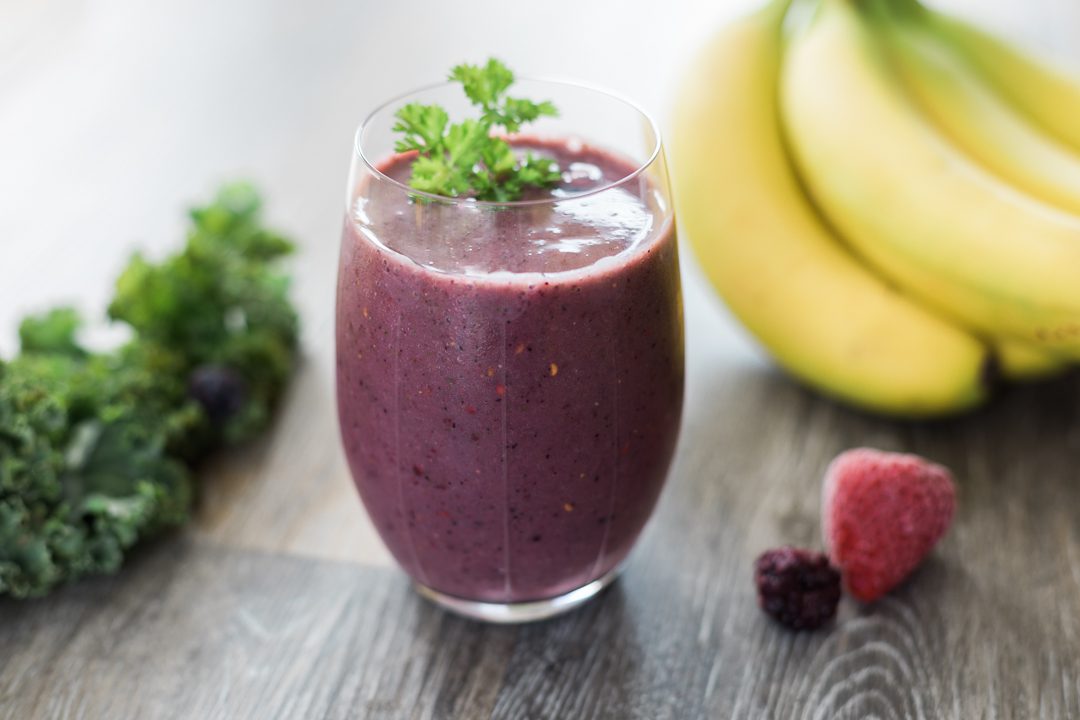Why is recovery nutrition important?
- The main goal of recovery nutrition is to help top up glycogen stores in the body so it can later can be used as energy. During exercise, our body uses blood sugar and glycogen (a form of stored carbohydrate). Optimal sport performance or activity depends on effective rebuilding of these glycogen stores!
- It helps enhance muscle protein synthesis. Ultimately, this promotes muscle adaptation for improved strength and endurance.
- It also helps restore fluid balance in the body and prevent dehydration.
When is a recovery shake needed?
If you are an active recreational or professional athlete with an intensive training schedule, it’s beneficial to incorporate a recovery shake. Multiple higher-intensity training or competition sessions in the day require recovery nutrition. Aim to get this shake in as soon as possible after you are done your activity.
Depending on the person, you may only require a recovery shake after the first training session of the day, or you may need it after both.
If you are exercising at a moderate-to-high-intensity for less than (or equal to) 60 minutes, you may not immediately require a recovery shake. However, it is still important to have your next meal or snack within an hour or so of your activity.
It is helpful to get a Registered Nutritionist to assess your needs to execute a properly individualized sport nutrition plan with a recovery and hydration schedule.
How do I build a recovery shake?
A recovery shake contains carbohydrate and protein, both important for restoring glycogen energy stores and building muscle tissue. The ratio of protein to carbohydrate in your shake depends on a variety of factors:
- The type and intensity of activity
- Your goals of building versus leaning out
- If you have multiple training sessions in the day
- Your schedule of eating and training, determining how your recovery shake fits in
- Your individual body composition, age, and gender
|
Recovery Shakes |
Simple Protein Shake (0-25g carb, 25-30g protein) |
Banana Protein Smoothie (30-60g carb, 25-30g protein) |
Yogurt & Mango Smoothie* (25-30g carb, 12-24g protein) |
| Carbohydrate | 1 medium banana on the side (optional) | 1 large frozen banana + 1 cup of 100% fruit juice (juice optional) | 1 cup of frozen mango |
| Protein | 1 scoop of whey protein isolate or vegan protein powder | 1 scoop of whey protein isolate or vegan protein powder | ½-1 cup of plain Greek yogurt |
| Fluid | Water (shake protein with water in a shaker cup) | If not having fruit juice, add water | Water |
*Blend all ingredients in blender



